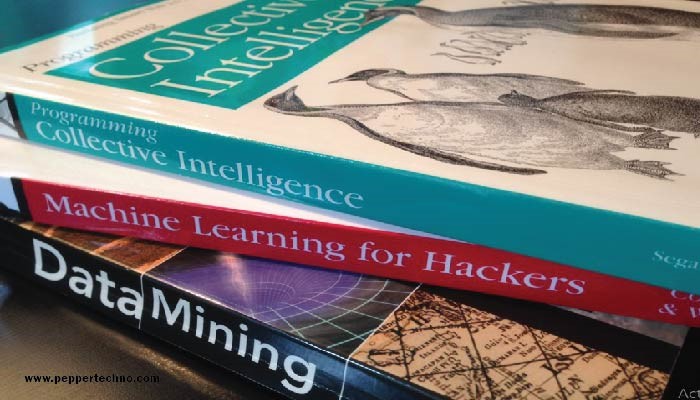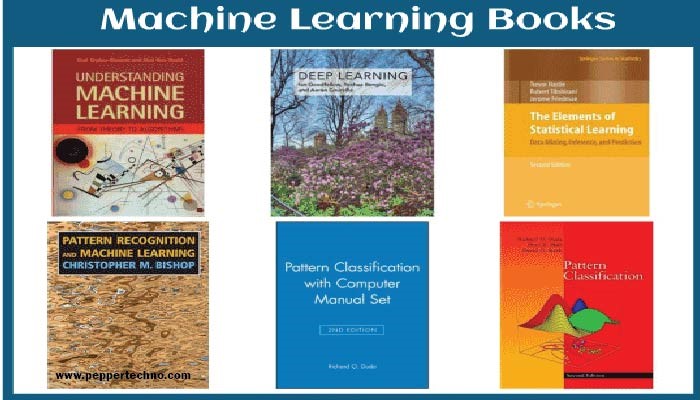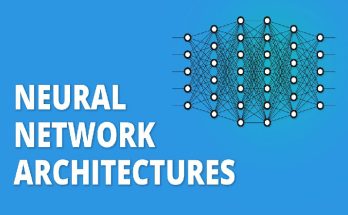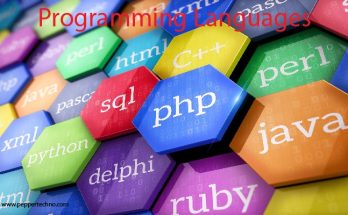Unveiling the Top Machine Learning Books: Your Comprehensive Guide
Unveiling the Top Machine Learning Books is interesting. In the rapidly advancing field of machine learning (ML), where algorithms drive innovations across industries, books serve as invaluable resources for both beginners and seasoned professionals. This article explores the landscape of machine learning literature, presenting a curated list of top books that offer comprehensive insights, practical guidance, and theoretical foundations.


Understanding Machine Learning Fundamentals: Introductory Texts
In this section, we delve into introductory machine learning books that lay the groundwork for understanding core concepts and techniques. These books typically cover topics such as supervised and unsupervised learning, regression, classification, and evaluation metrics. Examples include “Introduction to Machine Learning with Python” by Andreas C. Müller and Sarah Guido and “Machine Learning: A Probabilistic Perspective” by Kevin P. Murphy.
Delving Deeper: Advanced Machine Learning Concepts
Advanced machine learning books cater to readers seeking a deeper understanding of complex algorithms, theoretical underpinnings, and cutting-edge methodologies. From deep learning and reinforcement learning to probabilistic graphical models, this category includes titles like “Deep Learning” by Ian Goodfellow, Yoshua Bengio, and Aaron Courville and “Reinforcement Learning: An Introduction” by Richard S. Sutton and Andrew G. Barto.
Practical Application: Hands-On Machine Learning Guides
Practicality is key in mastering machine learning, and books in this category provide hands-on guidance through real-world projects and case studies. Readers learn how to implement algorithms, preprocess data, and interpret results using popular libraries and frameworks like TensorFlow and scikit-learn. Notable titles include “Hands-On Machine Learning with Scikit-Learn, Keras, and TensorFlow” by Aurélien Géron and “Python Machine Learning” by Sebastian Raschka and Vahid Mirjalili.
Specialized Domains: Machine Learning in Specific Industries
Machine learning finds applications across diverse domains, from healthcare and finance to marketing and cybersecurity. Books focusing on specialized areas offer domain-specific insights, challenges, and solutions. Examples include “Machine Learning for Healthcare: Case Studies and Algorithms for Working with Data” by Casey Bennett and “Machine Learning for Finance: Principles and Practice for Financial Analysts” by Jannes Klaas.
Mathematical Foundations: Theory and Algorithms
A strong grasp of mathematical principles is essential for understanding the theoretical foundations of machine learning algorithms. Books in this category cover linear algebra, calculus, probability theory, and optimization techniques relevant to ML. Notable titles include “Pattern Recognition and Machine Learning” by Christopher M. Bishop and “Mathematics for Machine Learning” by Marc Peter Deisenroth, A Aldo Faisal, and Cheng Soon Ong.
Ethical and Societal Implications: Machine Learning and Society
As machine learning permeates various aspects of society, understanding its ethical implications and societal impact is paramount. Books in this category explore topics such as bias, fairness, privacy, and accountability in machine learning systems. Examples include “Weapons of Math Destruction: How Big Data Increases Inequality and Threatens Democracy” by Cathy O’Neil and “The Ethical Algorithm: The Science of Socially Aware Algorithm Design” by Michael Kearns and Aaron Roth.
Emerging Trends: Exploring the Frontiers of Machine Learning
The field of machine learning is constantly evolving, with new algorithms, techniques, and applications emerging at a rapid pace. Books in this category provide insights into the latest trends, research directions, and future prospects in ML. Titles such as “The Hundred-Page Machine Learning Book” by Andriy Burkov and “Machine Learning Yearning” by Andrew Ng offer perspectives on staying updated and navigating the ever-changing landscape of ML.
Conclusion: Nurturing Your Machine Learning Journey
As we conclude, we reflect on the diverse array of machine learning books available to enthusiasts, students, researchers, and practitioners. Whether you’re embarking on your ML journey or seeking to deepen your expertise, these books offer invaluable resources for learning, experimentation, and professional development. By exploring the recommended titles and engaging with the vast knowledge they offer, you can embark on a transformative journey through the fascinating world of machine learning, unlocking endless possibilities for innovation and discovery.


